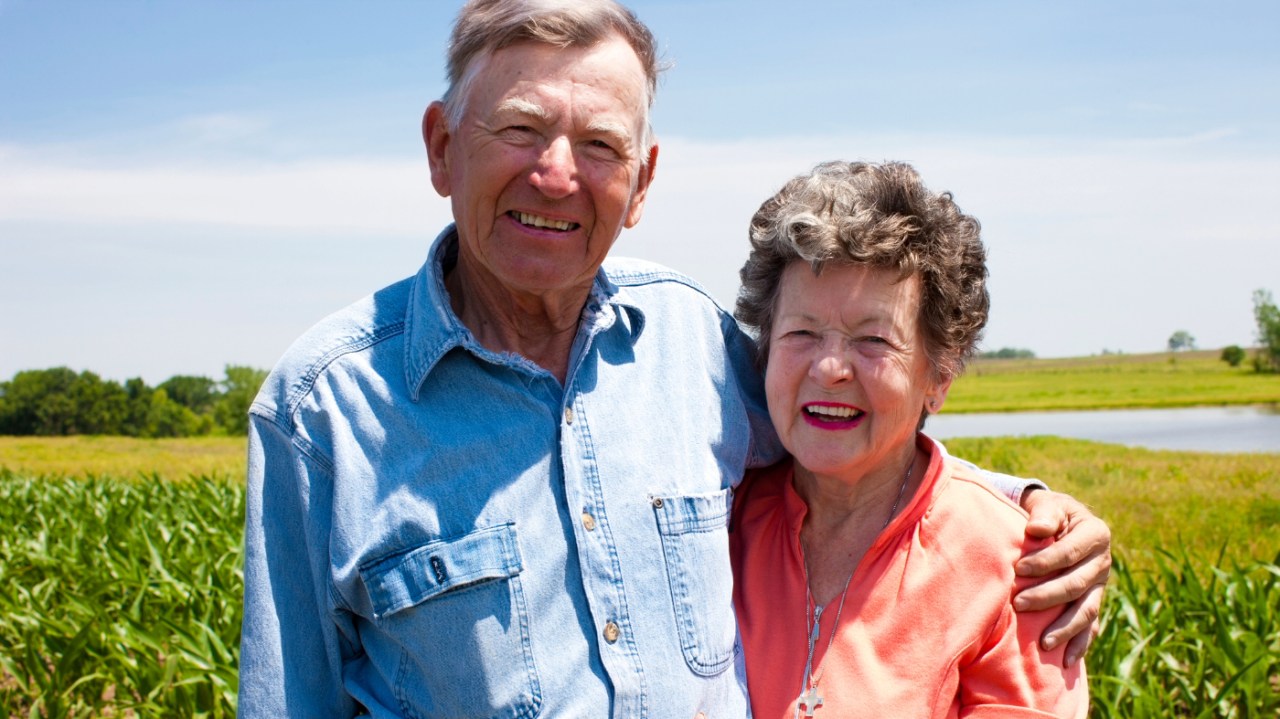I grew up in a rural community, began my career as an organizer in small towns, and now lead one of the largest efforts to rebuild pro-democracy, pro-worker civic capacity in rural America. So I can speak with some authority when I say that President Biden, somewhat surprisingly, has ushered in a new economic paradigm that can radically transform the lives of rural people and build a more politically and economically secure future for all Americans.
He calls his agenda “Bidenomics,” a term that will be hotly debated in the months ahead. But what does it mean? And what’s its significance for rural people?
In simplest terms, Bidenomics arguably is the most significant departure in 40 years from the “free market revolution” that rose to dominance in the 1980s — a dramatic alteration to our country’s economic trajectory.
…
The combination of executive and congressional action since Biden took office — from the American Rescue Plan, to the Bipartisan Infrastructure Law, to the CHIPS Act, Inflation Reduction Act and key executive action promoting competition and protecting workers — presents greater potential for revitalizing rural communities than anything since the New Deal. These were huge steps in the right direction, and yet rural people are still struggling. The updated Rural Policy Action Report offers a continued roadmap for how to help rural communities, protect the environment and core freedoms, and renew shared prosperity across geographic divides.



They grow your food and usually make shit you need to survive because they can be taken advantage of. This creates a culture where they don’t always have as much or access to the same things urban dwellers do. What a condescending statement to make.
They really don’t grow your food most of the time. Corn and Soy are the most grown crops, and 70+ % of either are ground up to feed animals or make biofuels. Biofuels don’t even make economic or environmental sense at all, it’s only created because the government mandates its addition to gasoline and diesel, making both more expensive. That’s 40% of all corn grown literally going up in flames for absolutely no reason other than to subsidize farmers who are overproducing corn.
American farmers also massively overproduce milk too, mostly because they can feed cows the unlimited soy and feed corn available and because the US government will literally buy up all the excess milk (and turn it to cheese and stockpile it) or pay farmers to dump it down the drain to keep the prices up.
And it’s not just milk, soy, and corn that’s overproduced, it’s everything. The amount of agricultural subsidy is insane, and most of it is to keep farmers in business who are growing stuff nobody wants or are growing stuff in areas where the land is so poor that without massive subsidy, there would be no profit, in the first place.
And all of this overproduction is absolutely destroying the environment. Actual cities and towns filled with people doing actually productive things are running short of water because the government insists on keep Joe farmer’s irrigation dependant farm in the goddamn desert in business producing soy beans that are then exported to feed pigs in China. Hell half the time it isn’t even Joe Farmer, it’s Joe Farmer Corp owned by the Kingdom of Saudi Arabia who realized growing that same crop in their desert was unsustainable.
They do this because the first primaries of the season are in Iowa, so they want to keep those corn farmers happy or they lose the primary.
deleted by creator